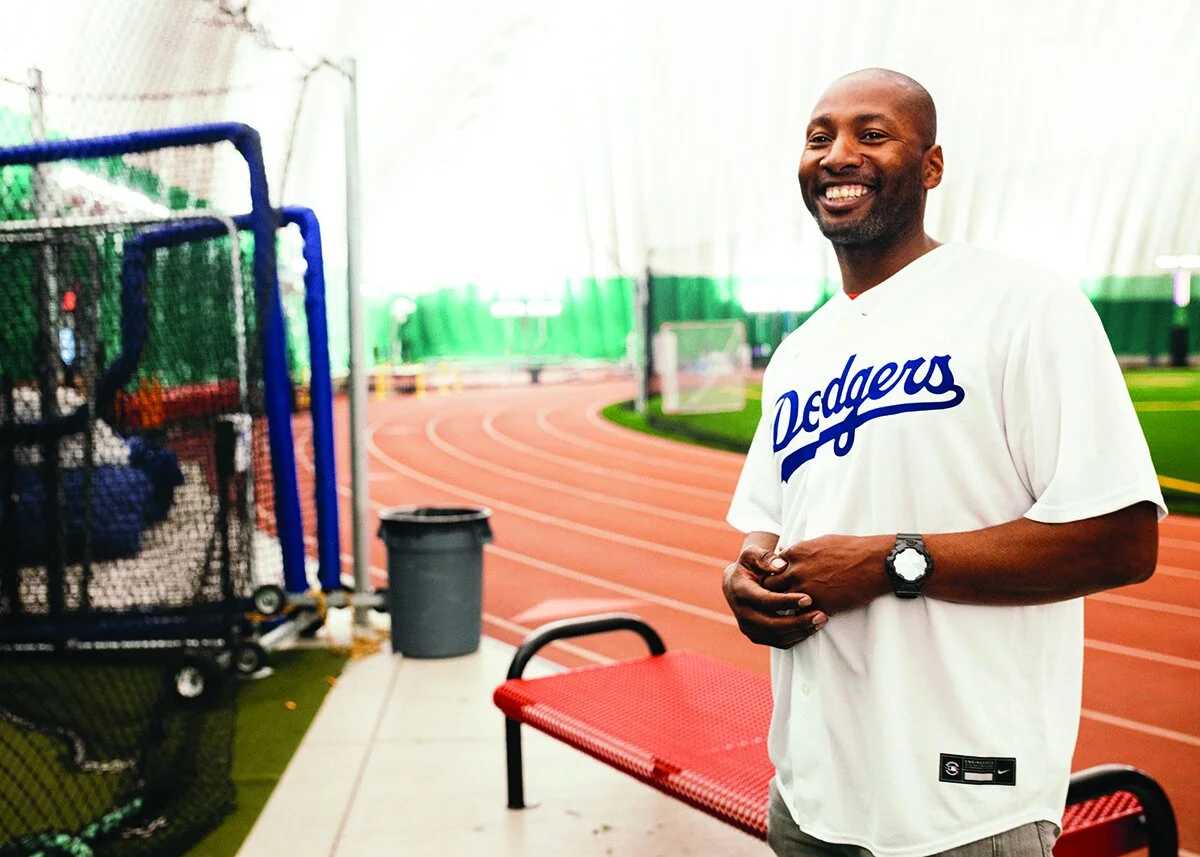Black in Alaska: Jamar Hill
Contributed by Mayowa Aina
“I look at the way I grew up … where I grew up, the income levels, a single-parent household. I’ve been able to experience a lot and get a level of education that wasn’t expected of me. I deeply want that for other kids that grew up in my situation.”
Black in Alaska – Jamar Hill
“I look at the way I grew up … where I grew up, the income levels, a single-parent household, and fell into that statistical category. I’ve been able to experience a lot and get a level of education that wasn’t expected of me. I deeply want that for other kids that grew up in my situation. Going in and fighting in those battles helps you become more aware of where the pushback exists.”
Years ago, at Scenic Park Elementary in Northeast Anchorage, fourth-grader Jamar Hill was nervous about an upcoming potluck. Everybody needed to bring a dish from home, and his home was different. His mom, who was from Costa Rica, cooked up coconut rice and beans, cabbage salad, their regular Sunday-after-church foods. What would the other kids think? Turns out, they loved it.
“That was an iconic moment for me,” Jamar remembers. He realized he could be appreciated for who he was. He didn’t have to mask in the mainstream.
His mom was steady and firm. When he was a kid, they butted heads. “You are going to do the right thing and go out of your way to do the right thing,” she would insist. Now, he values her influence on his decision-making. She taught him to stick with things even when they are hard. He played sports but for a long while didn’t even know he was good at it.
He gravitated toward baseball and never turned back. Jamar founded and serves as president and director of RBI Alaska, an MLB-affiliated program supporting youth baseball and softball players in urban and rural communities around the state. Mentors included Alaskans Andre Toliver, who pitched in the minors for the Chicago White Sox and had a knack for makingbaseball camps fun, and the late Lefty Van Brunt, an iconic coach. He did for Jamar what Jamar is now doing for young Anchorage players: Teaching skills, leadership and character.
Jamar played in college, grew during six years with Mets minor league teams, and mentored and coached youth in the off-season. With the Mets, retired superstar hitter Darryl Strawberry drilledJamar on batting but more important, talked to him about what it took to rise above tough circumstances. Jamar realized kids, specifically in communities often left underserved, could benefit greatly from sports. Providing resources, and more important, attention, encourages them to succeed and thrive.
Jamar appreciates backgrounds different from his own. Growing up in Anchorage, going to school in a place where 100 languages now are spoken, contributed to Jamar’s understanding of others. “To live in Anchorage, you really have to be comfortable with diversity,” Jamar says.Anchorage is growing in several demographics, and Jamar recognizes the various subgroups of Black communities that need representation. “For the next wave of Black Alaskans, I believe that there is the landscape for them to be more accepted,” he says.
When he was a kid, he didn’t get to enjoy what draws so many to Alaska. He didn’t have fishing gear or the right outerwear for the cold. He encourages People of Color to go beyond their immediate surroundings and experience as much of Alaska as they can. Whether hiking, fishing or connecting with like-minded people who check in on each other, Jamar wants others to appreciate this special place we all call home.

